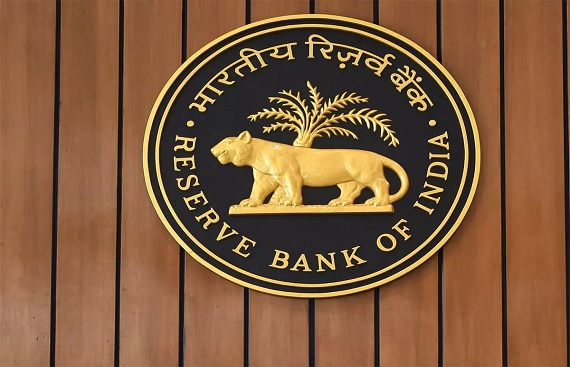RBI Reforms to Strengthen Financial Stability of Indian Banks

- RBI to adopt Expected Credit Loss (ECL) model by April 2027
- Banks well-positioned to absorb credit cost changes
- Reforms align India’s banking norms with global standards
Indian banks are expected to become more resilient under the Reserve Bank of India’s (RBI) upcoming regulatory reforms, according to Fitch Ratings. In its latest report, Fitch said the RBI’s planned changes would improve risk management, strengthen the financial system, and bring Indian regulations closer to international norms.
At the heart of these reforms is the move from an incurred loss model to a forward looking Expected Credit Loss (ECL) framework, set to take effect from April 1, 2027. This shift will require banks to set aside provisions based on estimated future losses rather than past defaults. To ease the transition, banks can phase in adjustments until March 2031.
Fitch notes that while the ECL model may slightly reduce short-term profits due to higher provisioning, banks’ overall financial strength won’t be significantly impacted. Most Indian banks, it says, are entering this reform phase with strong capital levels, better asset quality, and stable profitability as of FY25.
“Larger banks with solid capital buffers and sound risk practices will adapt more easily”, Fitch noted. Smaller or state run banks may face more challenges initially but will benefit in the long term from improved resilience.
Also Read: Jio Payments Bank Secures Tolling Deal to Boost Digital Finance
The RBI’s broader reform agenda aims to increase transparency, risk sensitivity, and financial stability all crucial for managing future economic shocks.
Overall, Fitch sees the reforms as positive for India’s banking sector, even if they cause some short-term earnings pressure.

